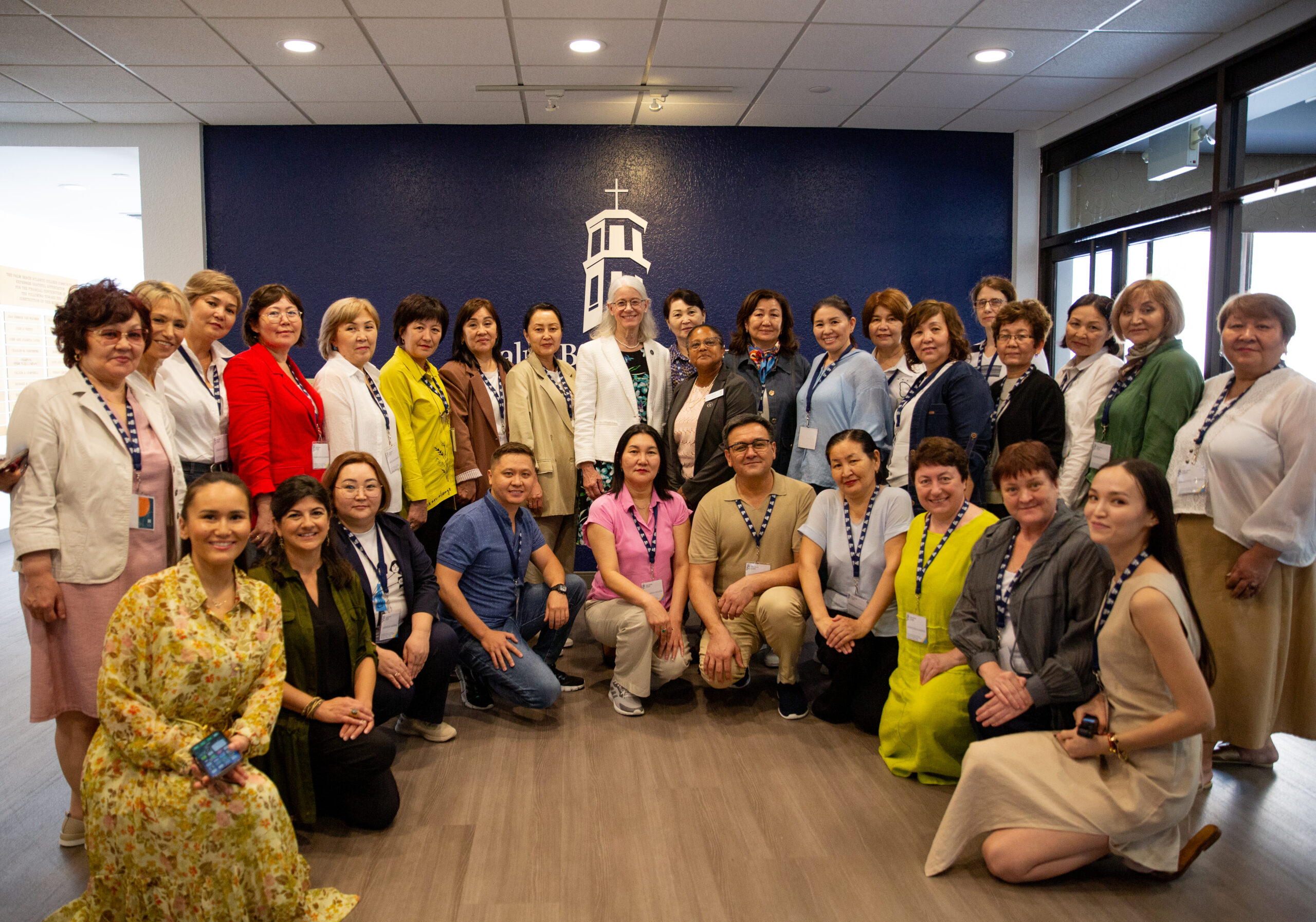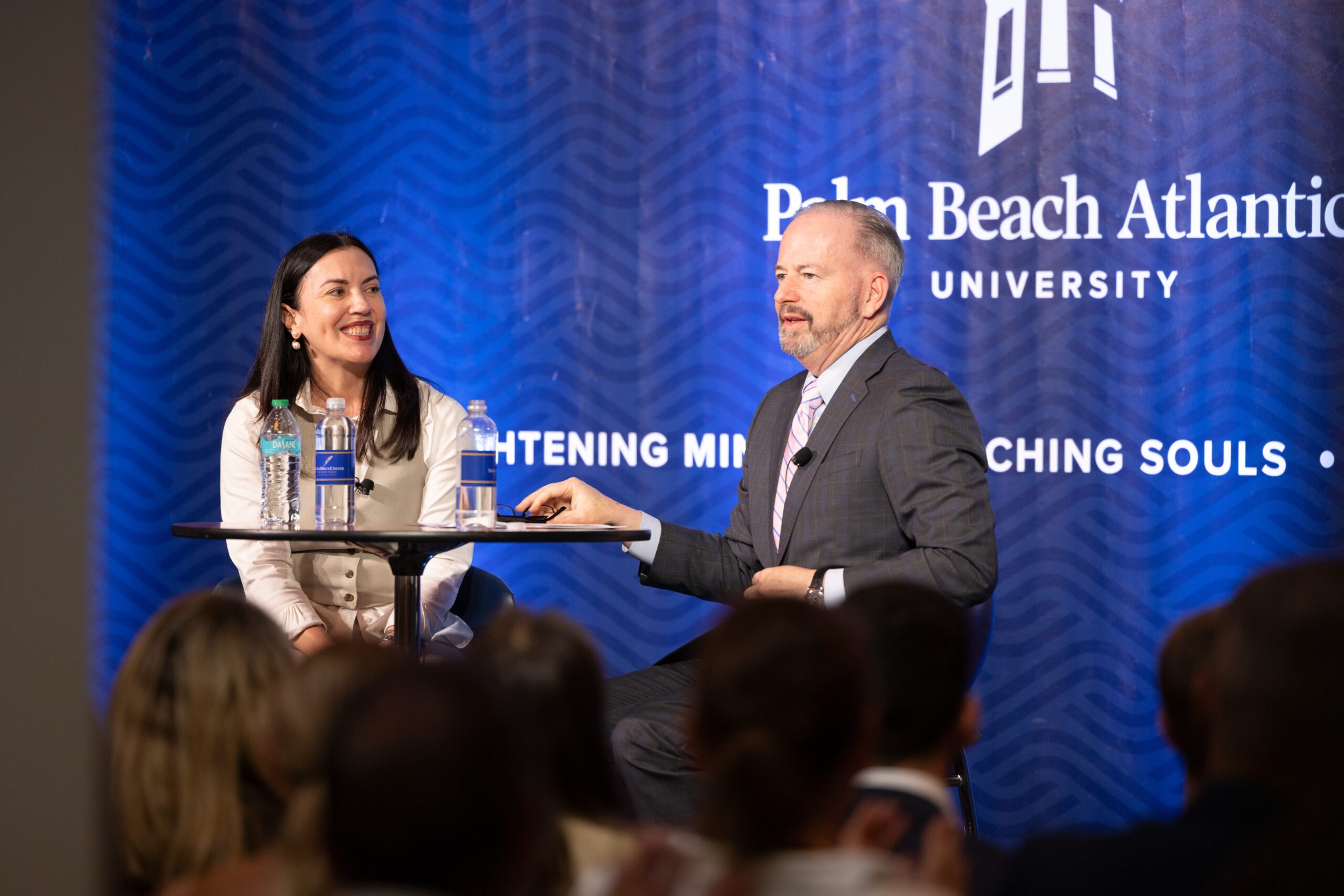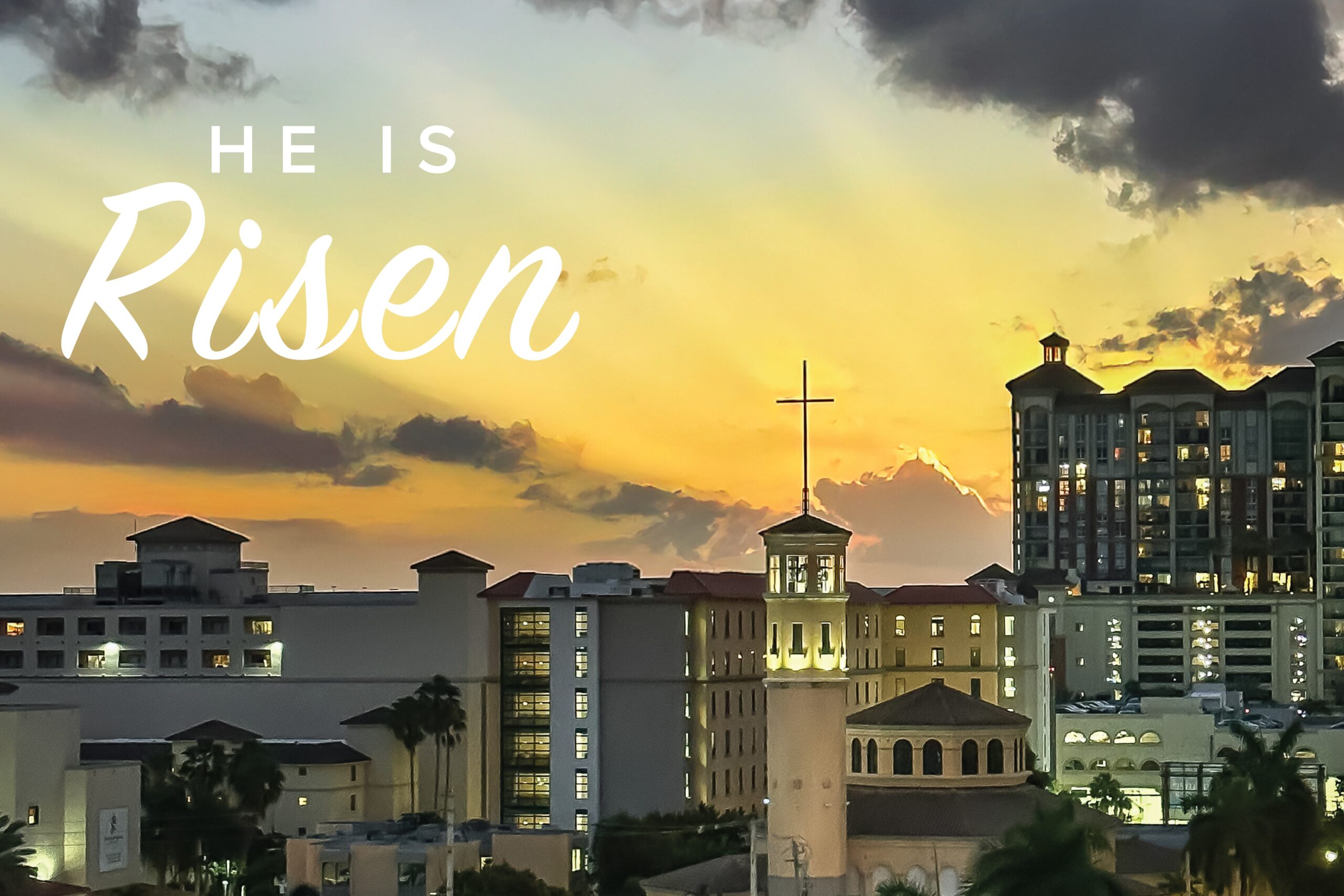A trove of ancient Honduran culture sits buried in the jungle and hidden in government vaults, away from the public’s view — and appreciation.
That’s about to change. This summer, graduate students in PBA’s international development program will work alongside officials from the Honduran Institute of Anthropology and History, IHAH, to preserve and showcase the culture of indigenous people. Eventually, artifacts from the city Copán Ruinas and the recently-uncovered Ciudad Blanca will be on display throughout the U.S., starting in West Palm Beach.
Copán Ruinas is a UNESCO World Heritage site, and Ciudad Blanca has been featured in National Geographic. They will be the sites of educational and institutional exchanges.
Andrew Benitez, a PBA graduate student in the dual Master of Science in International Development and MBA degrees, is vying to earn a spot working on the project this summer. International development students are required to complete 10 weeks of immersive fieldwork halfway through their two-year program. Benitez said when he heard about the various places he could go, he instantly made up his mind: “I have to go to Honduras.” As a boy, Benitez volunteered through church and Boy Scouts building homes in his native Chile.
“When I got here, this program opened my eyes to other opportunities,” Benitez said.
Other universities in the U.S. and abroad have logged more than 100 years of archaeological investigation into the Honduran ruins. But Héctor Portillo Machuca, director of Honduras’ Institute for Anthropology and History, said he has his heart set on working with PBA on programs that more directly benefit the Honduran people than those conducted in the past.
An initial exhibition will include 18 pieces that no one outside of Honduras has ever seen. The current collection is composed of about 40,000 pieces, including elaborately carved stone tables, figurines, ceramic statues, obsidian scepters and countless pieces of jade jewelry. The Mayan pieces date from 400 to 1500 A.D. Carved stone artifacts from the distinct civilization that occupied the “Lost White City,” or Ciudad Blanca, in the Mosquitia jungles date to 1500 to 500 B.C.
Honduran officials, including Machuca, recently visited PBA’s campus to sign an agreement formalizing his institution’s relationship with PBA. Machuca was joined by attorney Jacobo Salandia and Salandia’s wife, Reina, as well as Charlie Biondolillo, president of the Fundación Marea. The group presented PBA’s International Development Program Director Dr. Craig Hanson with a model of the famous Stela H, a Mayan sculpture on display in Copán.
“The city of Copán is patrimony to the world because it also belongs to you,” Machuca said. “The natural patrimony has no borders. It brings nations together.”
Benitez and a few other PBA graduate students will help discern how the institute can leverage the archaeological resources for the benefit of the Honduran people, said Hanson. They also will work to disseminate a catalogue of the antiquities to prevent them from ending up in private ownership.
Machuca views patrimonial sites as an investment rather than a liability. These places help Honduran people know more about their heritage and should be exhibited, he said.
“A country without culture does not exist,” Machuca said.
PBA connected with the cultural preservation project through Rick Reikenis, president of the Marea Foundation and a member of the University’s LeMieux Center for Public Policy Advisory Board. Reikenis is chair of the West Palm Beach Downtown Development Authority and a former West Palm Beach mayor and city commissioner.
As a private engineer, Reikenis is part of a team working to design and build a tourist resort in Trujillo, a colonial city on the Caribbean coast of Honduras, 300 miles west of Copán. Reikenis intends to develop the resort in a way that improves the quality of life for native Hondurans. He has engaged PBA’s international development students to develop a baseline study to measure the before and after effects of the development.
In the course of developing a baseline, PBA students traveled to Honduras over the summer. One student, Lina Lora Kazzaz, taught ballet to little girls. Another, Paulus Teshome, started a chess club. While Reikenis’ development is capitalistic in nature, “We want from Day One to make sure this is capitalism with a soul,” he said.
Added Biondolillo, “From the onset of collaboration, we thought of how to make that impact with society and have organic growth with resources Honduras abounds in.”
Biondolillo, who is Honduran, said that through their work, PBA students will help Honduran people develop their self-identity, “that sense of pride in who they are.”
Michele Sacher, vice president of development for the Marea Foundation, said their team wanted to work with PBA because of its reputation as a Christian university.
“This fits so well with the mission of being inclusive and loving your neighbor.” Sacher said. “The signing of this agreement is the key to unlocking interest.”
Also in attendance at the signing were Raphael Clemente, executive director of the West Palm Beach Downtown Development Authority and Lorna James, managing director of Greywood Consulting, a former board member at the High Museum of Art in Atlanta and current board member of the Norton Museum of Art and Cox Science Center and Aquarium in West Palm Beach.
Dr. Robert Lloyd, dean of the School of Arts and Sciences and a faculty member in the international development program, attended on behalf of PBA, as did James A. Knapp, associate vice president of development.


